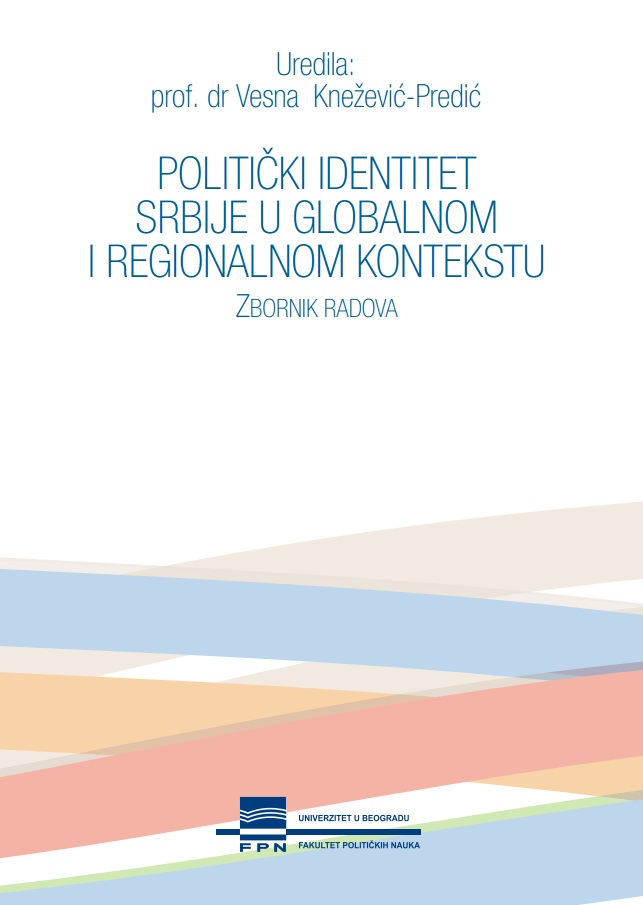Srbija i upotreba pravosudnog rešavanja međunarodnih sporova od 1914. do 2015. godine: vek neuspeha
Serbia's Use of Judical Settlement of International Disputes (1914-2015): The Century of Failures
Author(s): Miloš Hrnjaz
Subject(s): International Law, International relations/trade, Politics and law
Published by: Fakultet političkih nauka Univerziteta u Beogradu
Summary/Abstract: States, as primary subjects of international law, can seek solutions for their disputes by peaceful means of their own choice. Therefore, a decision to bring a case against some other state before an international court is always a political one. In this article, the author focuses on the cases raised by Serbia (as an independent state or as a constituent element of some of the former states) before different international courts. The main argument of this paper is that Serbia in these instances either did not succeed to prove the jurisdiction of the court or failed to win any of the important cases. Additionally, the author reviews the political context in which the decisions to use judicial settlement of international disputes in these cases were brought. The main conclusion is that the desire to win a concrete case was not the only or sometimes even primary motive for raising the case. However, it seems that the political goals of Serbia in most of those cases were not accomplished either. In the first part of the paper, Serbia’s answer to the Austro-Hungarian ultimatum justbefore the First World War is analyzed. Following that, the author analyzes the Serbian Loans case before the Permanent Court of International Justice (between the French Republic and the Kingdom of Serbs, Croats and Slovenes). The rest of the paper is focused on the jurisprudence of the International Court of Justice: Genocide cases (Bosnia and Herzegovina vs. Serbia and Montenegro and Croatia vs. Serbia), the cases concerning the Legality of the use of force (in these cases Serbia made an application against ten NATO member countries following the 1999 intervention) and the Advisory Opinion on the Accordance with international law of the unilateral declaration of independence in respect of Kosovo (General Assembly of the United Nations made a request for this Advisory Opinion but only after a strong diplomatic initiative by Serbia). The general conclusion of the paper is that the lessons learnt from these cases Serbia could use in some potential future situations when facing the dilemma whether to use judicial settlement of international disputes or not.
Book: Politički identitet Srbije u globalnom i regionalnom kontekstu
- Page Range: 253-270
- Page Count: 18
- Publication Year: 2015
- Language: Serbian
- Content File-PDF

